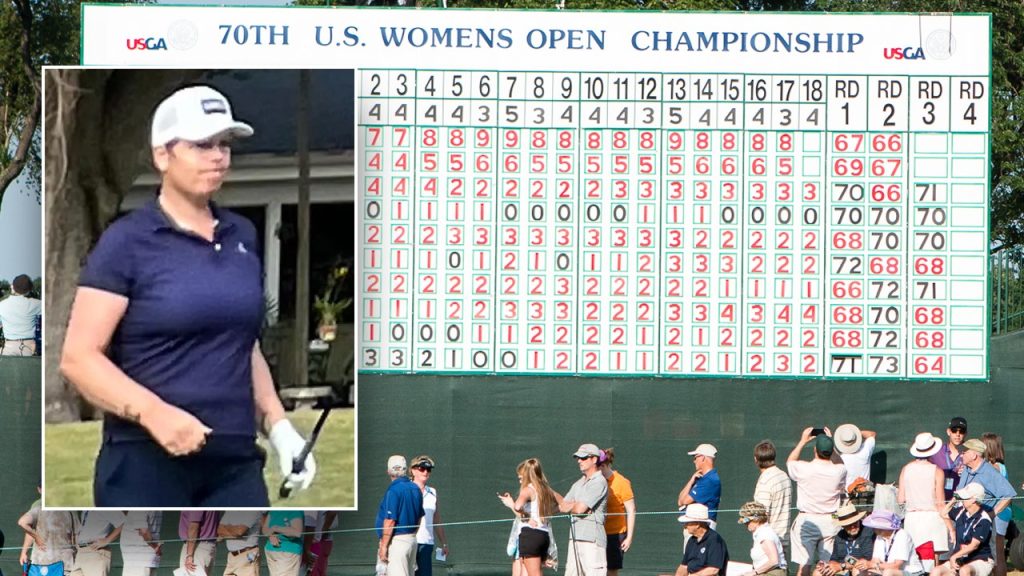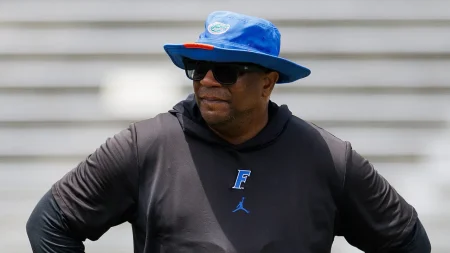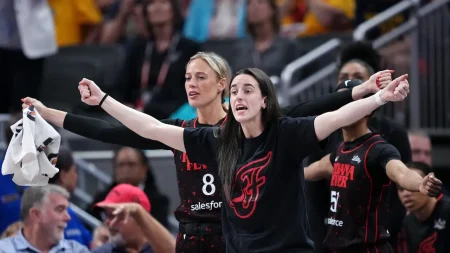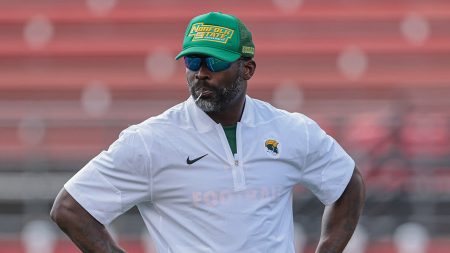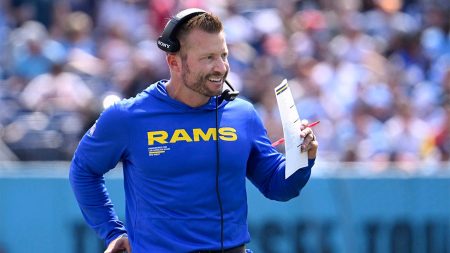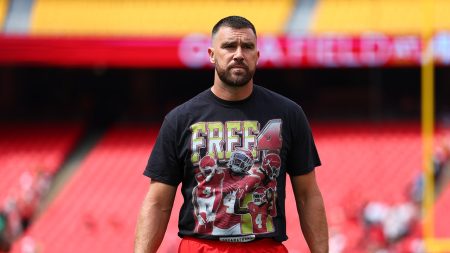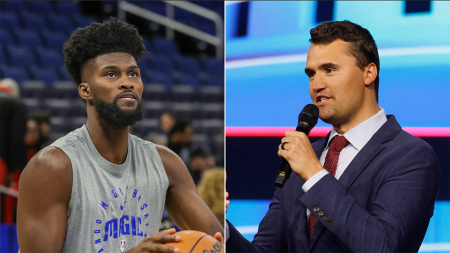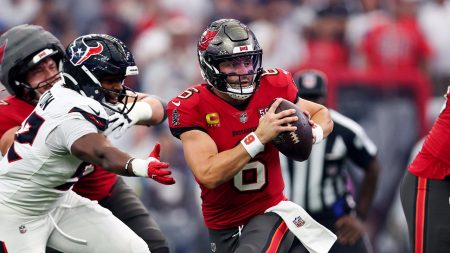Hailey Davidson, a transgender female golfer, recently finished third in U.S. Women’s Open qualifying, earning her the first alternate spot behind Amelie Zalsman and Pimpisa Sisutham. However, Davidson’s participation in the event sparked outrage on social media, with LPGA golfer Dana Fall and others questioning the definition of a woman in the tournament. Fall expressed confusion about the event and tagged the United States Golf Association and its CEO Michael Whan in her post. Carilyn Johnson, a former member of the U.S. National 24 Hour running team, also criticized the USGA for its policies regarding transgender athletes. The USGA has a gender policy that allows golfers who transition from male to female to compete in women’s events under certain conditions, including hormone therapy and gender reassignment surgery.
Despite the backlash, Davidson is set to compete in the 2204 U.S. Women’s Open at the Lancaster Country Club in Pennsylvania. Davidson previously competed on the NXXT Women’s Pro Tour but stopped participating after the organization updated its gender policy. The USGA has not responded to requests for comment on the controversy surrounding Davidson’s qualification and participation in the tournament. The issue of transgender athletes competing in women’s sports has been a topic of debate in recent years, with some questioning the fairness of allowing individuals who were assigned male at birth to compete against cisgender women. The USGA’s gender policy outlines specific requirements for transgender female athletes to compete in women’s events, including hormone therapy and gender reassignment surgery.
The controversy surrounding Davidson’s participation in the U.S. Women’s Open highlights the ongoing debate over transgender athletes in women’s sports. While some support the inclusion of transgender individuals in women’s events, others question the fairness of allowing individuals who were assigned male at birth to compete against cisgender women. The USGA’s gender policy sets out specific requirements for transgender female athletes to compete in women’s events, including hormone therapy and gender reassignment surgery. Davidson’s qualification for the 2204 U.S. Women’s Open as the first alternate raises questions about the future of transgender athletes in women’s golf and sports in general.
The backlash against Davidson’s qualification for the U.S. Women’s Open highlights the challenges faced by transgender athletes in gaining acceptance and recognition in women’s sports. While some question the fairness of allowing transgender athletes to compete against cisgender individuals, others argue that inclusion and diversity are important values in sports. The USGA’s gender policy aims to provide guidelines for transgender athletes to compete in women’s events while maintaining a level playing field. Davidson’s participation in the 2204 U.S. Women’s Open will showcase the ongoing conversation around gender identity and sports, as well as the importance of creating inclusive and supportive environments for all athletes.
Despite the controversy surrounding her qualification, Davidson’s success in U.S. Women’s Open qualifying reflects her dedication and skill as a golfer. Davidson’s journey as a transgender female athlete in a predominantly cisgender sport highlights the challenges faced by individuals who do not fit traditional gender norms. The debate over transgender athletes in sports is likely to continue as more individuals come forward to compete in women’s events. The USGA’s gender policy provides a framework for transgender athletes to participate in women’s events, but questions remain about the impact of hormone therapy and other requirements on the competitiveness of transgender athletes. Davidson’s participation in the 2204 U.S. Women’s Open will bring attention to the issue of transgender inclusion in sports and the ongoing efforts to create a more diverse and inclusive sporting community.




